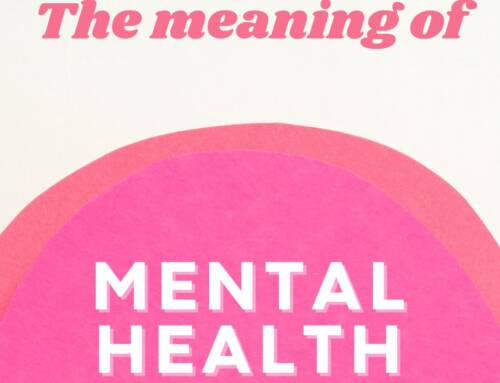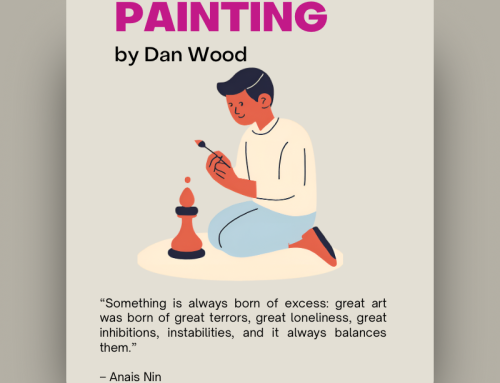1 in 3 suffer trauma
What’s wrong with me? Why is this happening to me?
Whether you shake*, have flashbacks, can’t sleep, feel guilt, irritability, or severe loneliness — you could be affected by a traumatic experience.
The truth is, one in three people have suffered trauma in their lives, and you might not even realise what the event was and why it makes you feel the way you do.
The way you feel after trauma is referred to as post-traumatic stress disorder (PTSD).
The good news is that there are ways to help you with PTSD.
The first step is understanding that it’s okay not to feel okay, and the sooner you get help — the quicker you’ll feel in control again.
If you cut your finger, you put a plaster on it. With PTSD, it’s the equivalent of finding what cut you in the first place and taking steps to heal the wound.
Myth buster: trauma isn’t always a childhood experience — it can be a recent event that had a profound impact.
Causes of PTSD?
Did you know that the trauma of childbirth can leave you with PTSD symptoms?
PTSD does appear with sexual assault, mental and physical abuse, mugging, and severe road accidents, but it’s also presents in lesser-known events.
It’s easy to mistake PTSD for stress or feeling like it’s you — you can’t cope, a weakness. For this reason, people suffer in silence, not knowing that it’s not something you can control.
Myth buster: PTSD therapy does work. Therapy can give you excellent coping strategies that get your life back on track.
PTSD help
After a traumatic event
If you recently experienced trauma, and are currently experiencing symptoms of PTSD, then you’ll be pleased to know that most upsetting and confusing thoughts improve over a few weeks.
Harming thoughts
If, however, you have any thoughts of self-harm or have suicidal thoughts, it’s essential to get help immediately. You can text ‘support’ to 60075, and we will advise you on the AoC support available. You can also visit your GP, call NHS 111, or call 999 in an emergency.
Four weeks after a traumatic event
If you’re still feeling the symptoms four weeks after any traumatic event, it’s best to get support from a qualified therapist.
You can self-refer for PTSD therapy at the AoC Trust if you’re over 18 or ask a guardian to self-refer for you. You can also visit your GP to ask for support.
How does PTSD therapy work?
Your therapist will introduce themselves to you and ask you some gentle questions about how you have been feeling. This time is mainly for the therapist to listen.
This initial session is to get a basic understanding of what type of support you require and for you to see how comfortable you feel with the therapist — remember, the AoC Trust has other therapists who can help if you don’t feel comfortable for any reason.
After this initial session, if PTSD therapy is the best route, your therapist will slowly ask you to discuss your symptoms and start to understand what event or events may have contributed to the way you feel.
The aim of the sessions is always to help and try different therapy methods and strategies to help you feel better.
Cognitive behavioural therapy is like a talking therapy often associated with counselling. Still, there are other types of sessions that can be equally, if not more, effective, such as eye movement desensitisation and reprocessing (EMDR).
EMDR, for instance, looks as helping your brain, and therefore your body, to process and recover from trauma.
Self-help for PTSD
As PTSD concerns looking back, it helps to use strategies that root you to the present when you feel unwell. These strategies include:
- Slowing your breathing down. Yoga breathing is particularly useful, as it focuses on lengthening the breath each time you breathe. Breathing in through the nose and out through the mouth with your eyes closed (where safe). You can imagine a golden thread that gets longer with each breath. Slowing your breathing down normalises your heartbeat, which in turn can stop the numbness and tingling we feel when our body doesn’t get enough oxygen.
- Carrying an object that reminds you of the present — touch it to remind you where you are. You can root yourself with a favourite object, such as a necklace or bracelet. Touching leaves, going barefoot on the grass, or concentrating on the detail of something can also help.
- Saying positive affirmations. Telling yourself that you are safe sounds simple, but by doing this, we block the brain from wandering to the past. By repeating this, we start to understand that we are here in the now and not back where the trauma took place.
- Understanding what triggers feeling unwell. By observing and recording situations that make you feel uncomfortable, you can begin to understand if you can use coping strategies at those times, avoid them, or build up to them (if they aren’t harmful).
If any of the content in this article triggers feelings or you feel you need to talk, text ‘support’ to 60075.
*There are many reasons for feeling unwell — you should always consult a health professional with any concerning physical health concerns.





